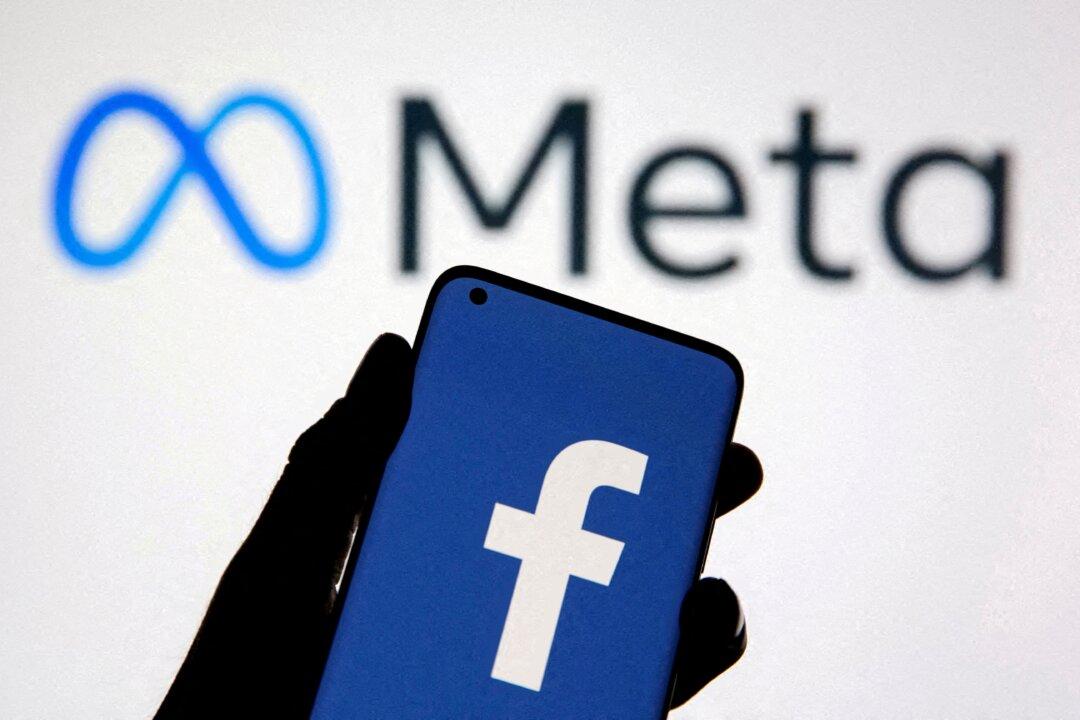Facebook parent Meta’s Oversight Board, the quasi-independent body that advises the social media giant on content policy, has issued a report warning of flaws in the company’s “cross-check” system that gives more leeway to high-profile users to post violating content.
The advisory panel has urged Meta to modify cross-check, which it calls a “false-positive mistake-prevention” program, including making it more transparent, more universally accessible, and in some cases, more strict in its censorship.





